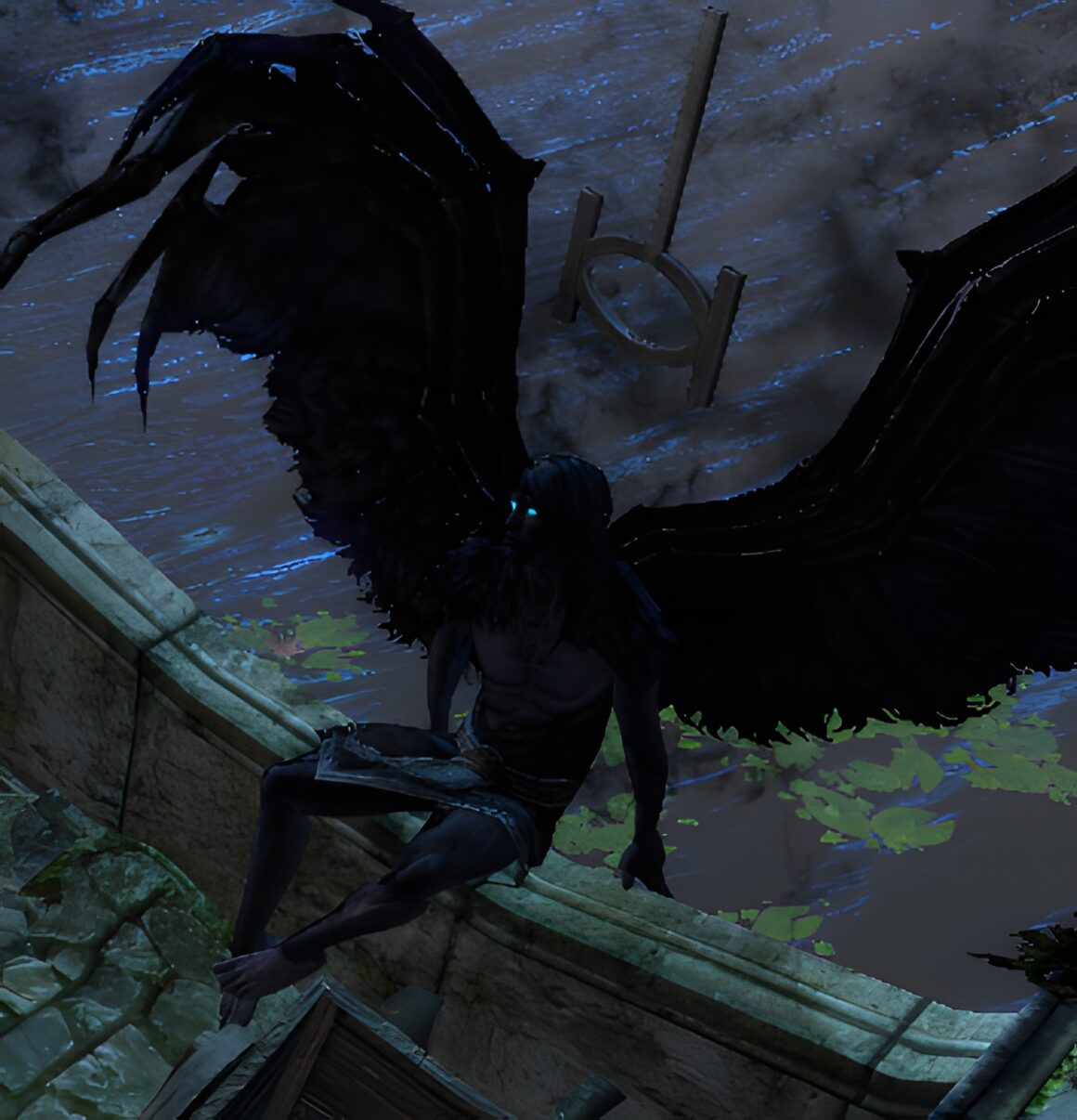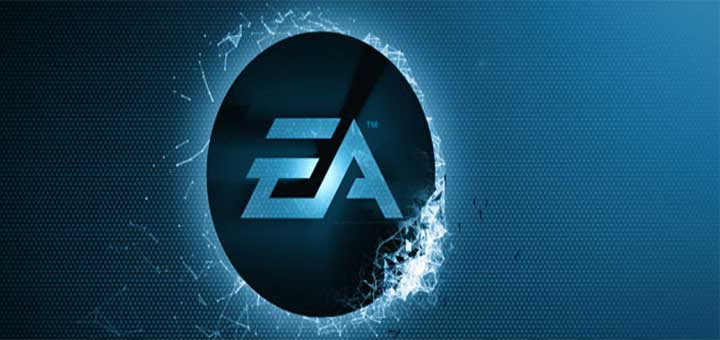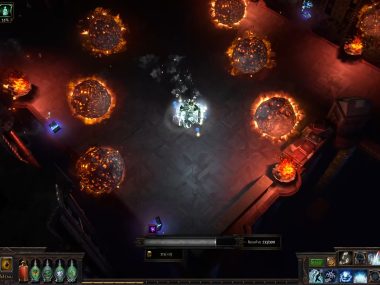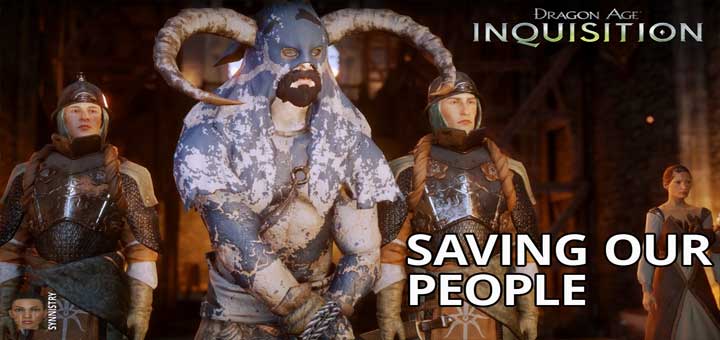I did not expect Path of Exile to hit me with an emotional gut punch during Acts 6 through 10, but it did. And it all came down to Sin. I went into that part of the game expecting the usual dark fantasy setup. Big monsters. Bigger gods. Lots of screaming and corruption. Instead, the story turned into something heavier. Something more vulnerable. Something that made me sit back and think about what it takes for someone to finally own their mistakes.
Sin’s arc humbled me. His regret felt real. When a character written to represent impurity shows more honesty than the so called god of purity, the whole story shifts. It is not just a plot point. It is a warning. A reminder that truth is fragile, especially when power is involved.
The real twist: everything we thought we knew about these two gods was a lie. A lie so old that even players believed it. A lie cemented for years by the Templar Order. A lie presented as religious fact.
So what happens when that lie finally collapses?
The Original Story Players Were Told
For years, Path of Exile presented Innocence and Sin as literal brothers. Born from the same parents. One pure. One corrupt. One righteous. One fallen. The classic mythologized sibling dynamic. The kind of story that feels familiar because we have heard it in a hundred different fantasy worlds.
And I believed it. Many players did. It made sense. It was clean. It was easy.
The truth was never that simple.
The Truth Hidden Behind the Templar Religion
In 2022, the sanctum artifacts dropped by Lycia shattered everything. These relics revealed that Innocence was never born as a god. He was a mortal man named Maxarius. A man whose hunger for godhood pushed him into manipulation, cruelty, and absolute tyranny.
The Templars had been spreading a sanitized version of history for centuries. According to them, Innocence appointed Maxarius. The perfect image of divine legacy.
The artifacts told the real story. Innocence was Maxarius. The entire faith was founded on self worship and a fabricated narrative designed to erase his mortal failures.
This changes the meaning of the word “brother.” They were not blood relatives. The brotherhood was symbolic. It reflected their intertwined destinies, not their genetics. The Templars used biological language to maintain control. Maxarius used it to strengthen his cult. Over centuries, myth solidified into unquestioned doctrine.
This means Sin knew the truth from the beginning. And he said nothing.
That silence matters.
What Sin Was Really Trying To Atone For
Sin is not the monstrous force the early story wants you to believe he is. Yes, he created the Beast. Yes, it flooded Wraeclast with corruption. But… his intention was never malevolence. Sin created the Beast to keep mortals from becoming gods. It was the only way he knew to slow thaumaturgic disaster.
In other words, Sin saved the world in the worst way possible. His solutions were messy and painful, but they were necessary. That is the part players are not prepared for when Acts 6 through 10 begin. Sin shows up humble, weary, and painfully honest about his failures. He admits fault before anyone asks. He takes responsibility even when he does not have to.
Meanwhile, Innocence spent centuries rewriting history to protect his ego. The contrast is jarring. It is also intentional.
Acts 6 through 10: The Emotional Weight of Sin’s Guidance
As you travel through Wraeclast killing gods left and right, Sin quietly explains who they were before they fell. Every god you defeat is someone he once knew. Someone he once failed. Someone shaped by the same divine catastrophe he helped cause.
His regret is not performative. It is lived in. It is heavy. You can feel the centuries sitting on his shoulders.
While he empowers the player, he never pretends he is the hero. He sees himself as the one who broke the world. The one who needs your help to put it back together.
The more I heard him speak, the more I realized Sin was the only god in this story who actually understood what it meant to be wrong.
The Reunion That Reframes Everything
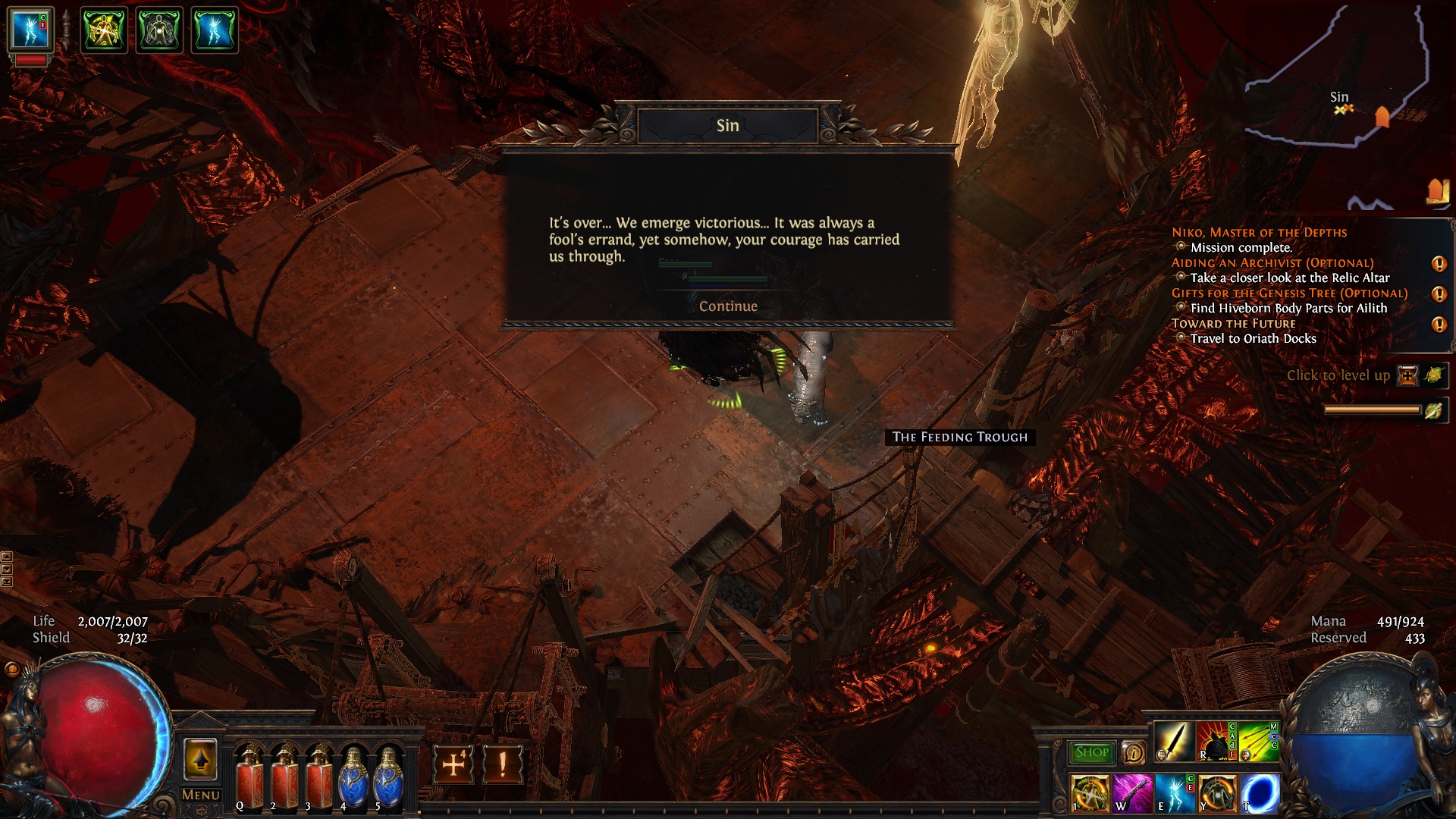
Then Act 10 happens.
Sin and Innocence finally speak. Not as gods. Not as symbols. Not as mythologized characters built from centuries of propaganda. They speak as two people shaped by the same wound.
Innocence admits he was wrong. Sin forgives him. The centuries of resentment fall apart in a moment that feels real, earned, and deeply human.
Players risked their lives to clean up the mess created by both of them. In the end, the gods finally saw the truth for themselves.
Path of Exile 2 even cements this reconciliation. Their dynamic is no longer framed as divine opposition. It is framed as a painful history of lies, guilt, and survival. The truth is finally settled. The myth is gone.
The Bigger Question: What Does This Say About Power And Truth?
The real power of this story is not Sin’s redemption or Innocence’s confession. It is the way truth was buried under centuries of religious narrative. The way a man convinced the entire world that he was born pure. The way Sin carried the weight of a lie he never created but still believed he deserved.
It reminds me of Warframe’s Second Dream. That moment when everything you thought you knew collapses. When the story forces you to question whether the character you trusted was ever honest with you.
Sin was not honest. Innocence was not honest. The player was caught in the middle, doing the heavy lifting for a story that was always more complicated than it appeared.
Maybe that is why Path of Exile’s lore hits so hard. It does not give you easy answers. It asks you to sit with the discomfort of knowing you were misled.
So What Should Players Take Away From Sin’s Story?
Sin’s arc is not just about guilt. It is about the cost of truth. The cost of silence. The danger of letting myths replace reality. The slow, painful work of trying to fix something you were part of breaking.
Path of Exile is not always praised for its story, but when it lands, it lands with force. It invites players to wonder what other secrets are waiting to be uncovered. What other myths will fall apart when you stop trusting the official narrative.
GGG wrote a story that makes you think long after the quests are done. That is rare.
